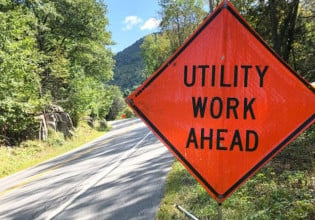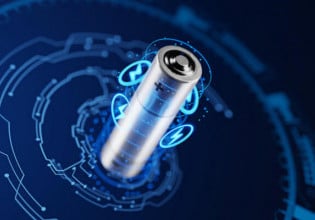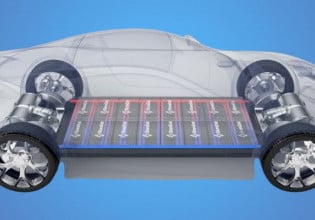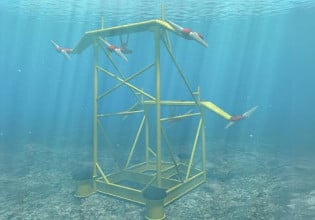Kyocera Corporation has been registered with the Sustainable open Innovation Initiative (SII) as a resource aggregator for a new program to help control energy resources among Japanese consumers. Kyocera will focus on remote management of energy supply and demand using home battery storage technologies in a new phase of virtual power plant (VPP) testing. The project is part of a program implemented by Japan's Ministry of Economy, Trade and Industry (METI) to test a VPP utilizing consumer energy resources this year.
Since The Great East Japan Earthquake of March 2011, widespread attention has been garnered for developing a stable supply of renewable energy and promoting energy efficiency. Consequently, a VPP capable of remotely controlling and integrating distributed power resources including storage batteries and renewable power generation facilities is in high demand.
By using a highly accurate energy management system (EMS), the VPP is expected to function as an adjustment and supply source of the energy. Project participants aim to establish a system that can optimize energy supply and demand through remote management.
Using Kyocera's Home Energy Management System (HEMS) technology, Kyocera will remotely control energy resources from the storage batteries provided by Kyocera for each household. Energy from the storage batteries will be managed by the company's POM SYSTEM®, a comprehensive energy control system, within 15 minutes (or less) of major changes in demand.
This VPP will test a method to ensure a regulated power supply for the utility grid through the integration of consumer power resources. The VPP test project is being conducted in cooperation with Kansai Electric Power Co., Inc. and ENERES Co., Ltd. (ENERES in cooperation with KDDI Corporation), which serve as parent aggregators integrating and controlling multiple resource aggregators assuming a possible power trading market.
In addition to the testing areas where Tokyo, Chubu and Kyushu electric power companies serve for the possible establishment of VPP conducted last year, the areas covered by Kansai, Chugoku and Shikoku electric power companies will be added this year. By expanding the testing area and connecting more consumers, the participants will be able to examine technical and institutional issues in hardware and software under closer to real-world conditions.
Since 2014, Kyocera has participated in an earlier phase of this project with METI and the Institute of Applied Energy (IAE), where the participants have established automated demand response (ADR) systems with aggregators and a highly accurate demand response system in anticipation of the "negawatt" power exchange market. In 2016, Kyocera participated in a VPP test project using storage batteries and IoT technologies, as well as the ADR system.
Through the advanced test for the power source and the know-how gained from the test project to date, Kyocera aims to establish a group control system of distributed power resources with rapid demand response using its products such as solar power generating systems and storage batteries. Kyocera will focus on developing technology and storage batteries capable of responding to real-time markets using new methods of electricity transaction.






